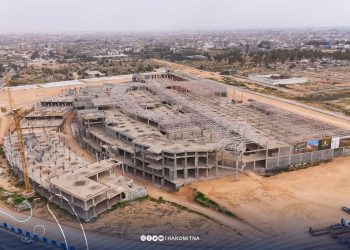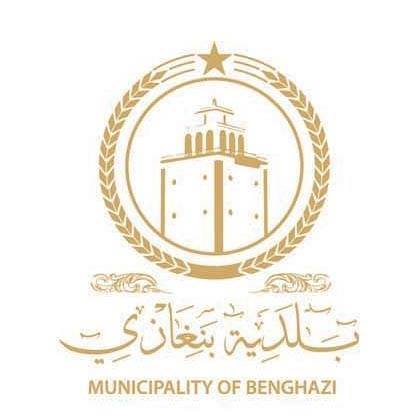In an economic report analysing public spending, inflation, and currency stability in Libya, leading businessman Husni Bey concluded that Libya’s financial stability hinges on disciplined fiscal management and strategic investment.
The report provides an in-depth analysis of the economic principles related to public spending, inflation, and currency stability, specifically focusing on the Libyan economy. It synthesizes key concepts, evaluates their validity, and offers strategic insights into managing fiscal policies to promote economic stability and growth.
Key findings and analysis of the report says excessive public spending beyond the Libyan government’s revenue leads to fiscal deficits. Financing these deficits through the Central Bank or commercial banks by creating new money (“monetary financing”) results in inflation.
The report says that when the Libyan government spends more than it earns, it must cover the spending gap by increasing the money supply, which diminishes the currency’s purchasing power. Historical examples from Libya’s past (1982 to 2004 – 2013 to 2019, 2023 and 2024) illustrate how increased dollar exchange rates correlate with periods of increased monetary expansion and currency devaluation.
Such monetary expansion, the report says, erodes the value of the Libyan dinar, leading to inflation, loss of foreign exchange reserves’ value, and overall economic instability.
Accumulating foreign currency reserves without corresponding domestic monetary expansion, the report adds, can have similar inflationary effects if not managed prudently. Creating dinars without backing or productive output intensifies inflationary pressures.
The report says proper management of foreign reserves and cautious monetary policy are critical to prevent devaluation.
It says infrastructure investments (health, education, roads, ports, airports, bridges) can foster economic growth if they generate returns exceeding inflation rates.
Achieving a real increase in Gross Domestic Product (GDP), it explains, requires that economic growth outpaces inflation. Investment should be directed toward projects that yield measurable economic benefits and increase government revenues in the medium and long term.
The report cautions that investment should not be solely consumption-driven; it must be productive and aimed at sustainable development.
It says that beyond fiscal deficit, inflation is also influenced by rising production costs (materials, labour, energy), expanding credit (if properly collateralized and monitored), imported inflation (costs of imported goods and exchange rate depreciation). While these factors can contribute to inflation, their impact can be mitigated if they coincide with productivity gains and economic growth.
The essential condition for economic stability is that growth in the national output (GDP) exceeds the rate of inflation.
Giving policy recommendations, the report says consumption-driven expenditures should be limited. It says there should be a focus on investment in infrastructure with measurable returns. Prudent monetary policy to avoid excessive money supply growth should be maintained. Public spending should align with sustainable growth objectives.
The report says the ideal scenario is to achieve growth without inflation, however, this is challenging, especially if monetary expansion accompanies increased money supply, regardless of foreign reserves.
It says financing deficits through unchecked money printing should be avoided in favour of prioritising revenue-generating projects and fiscal reforms.
It says spending should be channelling into infrastructure and sectors that can produce long-term economic benefits, ensuring that growth outpaces inflation.
It also says fiscal and monetary policies to prevent excessive liquidity and currency devaluation should be synchronised.
It says a balanced foreign reserve policy should be maintained to support the dinar’s stability, avoiding excessive accumulation that may trigger inflation if not managed properly.
In conclusion, the report, published on 31st May, underscores that Libya’s financial stability hinges on disciplined fiscal management and strategic investment. Excessive reliance on monetary financing of deficits leads to inflation and currency depreciation. Conversely, targeted, productive investment aligned with sustainable growth can mitigate inflationary pressures and strengthen the dinar. Achieving a delicate balance between growth and inflation requires careful policy design, transparency, and long-term planning.










